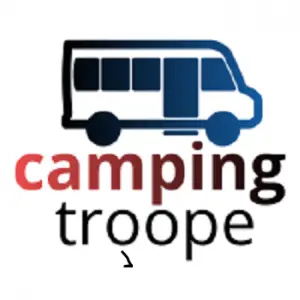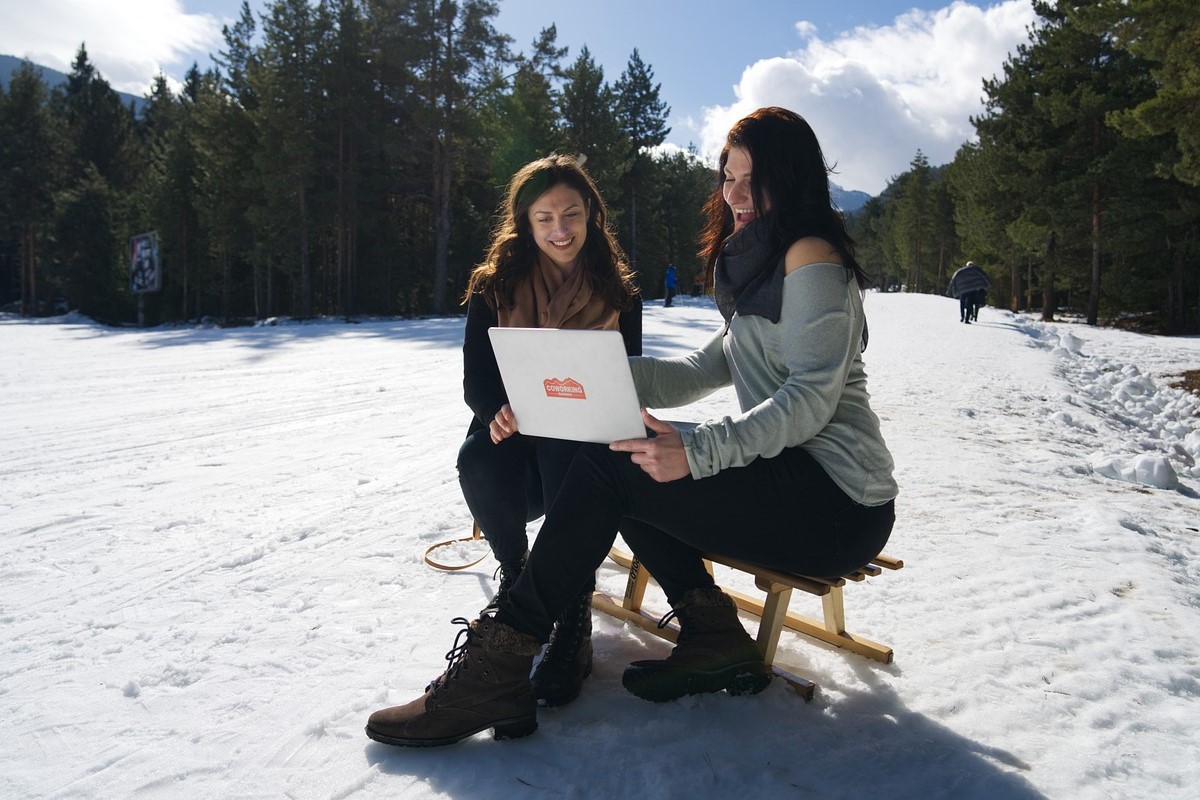The rise of remote work has catalyzed a shift in how we think about work and lifestyle. No longer tethered to a single location, people are breaking free from the cubicle and embracing a life of flexibility and freedom. This transformation has given birth to the digital nomad movement, where individuals leverage technology to work from anywhere in the world.
While working from exotic locations is a romantic notion, it often comes with logistical challenges. Accommodation, connectivity, and work-life balance are constant concerns. Enter RV camping—a lifestyle that offers a unique solution to these challenges.
The Perfect RV Setup for Remote Work
Selecting the right RV for remote work is a critical decision for digital nomads. The ideal setup provides comfort, functionality, and a conducive workspace. Here are some considerations:
Size and Layout: The size of your RV matters. A larger RV with a separate workspace or office area can be invaluable for productivity. Look for layouts that provide a comfortable desk space, ergonomic chair, and ample natural light.
Connectivity: Reliable internet connectivity is the lifeblood of remote work. Invest in a high-quality cellular data plan, a signal booster, and a mobile hotspot to ensure you stay connected, even in remote areas.
Power: A robust power setup is crucial. Solar panels, additional batteries, and a generator can help you stay powered up for work and leisure activities.
Ergonomics: Your comfort should be a priority. Consider ergonomic furniture and accessories to prevent discomfort during long work hours.
Storage: Organized storage solutions are essential for keeping your workspace clutter-free and your belongings secure.
Amenities: Look for RVs with amenities like a full kitchen, bathroom, and shower to make your life on the road more comfortable.
Mobility: Choose an RV that suits your travel style. Some nomads prefer towable trailers, while others opt for motorhomes. Your choice should align with your travel destinations and preferences.
Staying Connected on the Road
To maintain a seamless workflow, staying connected is non-negotiable. Here are some connectivity options for RV-dwelling digital nomads:
Cellular Data: Invest in a reliable cellular data plan with a good coverage map. You may need to combine multiple carriers for the best coverage.
Mobile Hotspots: A mobile hotspot can provide a dedicated internet connection for your RV. Choose one that supports multiple devices and has fast data speeds.
Signal Boosters: Signal boosters amplify weak cell signals, making them essential for staying connected in remote areas.
Satellite Internet: While more expensive, satellite internet offers reliable connectivity in highly remote locations. Consider it for off-the-grid adventures.
Co-Working Spaces: Many RV parks and campgrounds now offer co-working spaces with high-speed internet. Take advantage of these facilities when available.
WiFi Extenders: WiFi extenders can boost the signal from RV park or campground networks, providing better connectivity within your RV.
Balancing Work and Adventure
Balancing work and adventure on the road can be challenging but incredibly rewarding. Here are some tips to help you find that equilibrium:
Set a Schedule: Establish a routine that works for you. Please define your work hours and stick to them to maintain discipline.
Prioritize Tasks: Use time management techniques to prioritize tasks. Identify your most important work and tackle it during your peak productivity hours.
Explore on Off Days: Dedicate specific days for exploration and adventure. Reserve weekends or your off days for sightseeing and outdoor activities.
Stay Organized: Keep your RV organized and clutter-free. A clean workspace promotes focus and productivity.
Time Zones: Be mindful of time zones if your work involves meetings or deadlines. Use tools like world clocks to stay on top of time zone differences.
Disconnect Purposefully: While staying connected is essential, disconnecting is equally crucial. Take breaks to recharge and disconnect from work.
Network: Connect with other RV-dwelling digital nomads. They can offer valuable insights, advice, and a sense of community on the road.
Emerging Trends in RV Camping for Digital Nomads
The RV camping landscape is constantly evolving to cater to the needs of digital nomads. Here are some emerging trends to watch out for:
Co-Working Campgrounds: Some campgrounds are transforming into co-working hubs, complete with high-speed internet, meeting rooms, and other amenities to cater to remote workers.
RV-Friendly Tech Gadgets: Innovative gadgets designed for RVs are hitting the market. From smart thermostats to solar-powered ovens, these gadgets enhance the RV lifestyle.
Digital Nomad Communities: Communities of like-minded digital nomads are forming, offering support, resources, and camaraderie on the road.
Sustainable RVing: Many digital nomads are adopting eco-friendly practices, such as solar power and composting toilets, to minimize their environmental footprint.
Remote Work-Friendly Destinations: Some destinations actively market themselves as remote work-friendly, offering amenities and infrastructure to cater to digital nomads.
Challenges of RV Camping for Digital Nomads
While the RV lifestyle offers numerous benefits, it’s not without its challenges:
Isolation: Spending long periods in remote areas can lead to feelings of isolation. Building a supportive online community can help combat loneliness.
Maintenance: RVs require regular maintenance and repair. Budgeting for unexpected repairs is crucial to avoid disruptions in your work and travel plans.
Weather: Extreme weather conditions can affect your plans. Have contingency plans and stay updated on weather forecasts.
Security: Protecting your RV and belongings is essential. Invest in security measures like alarms and locks.
Healthcare: Access to healthcare can be limited in remote areas. Research healthcare options and consider travel insurance.
Related Articles
24 Hour Beaches Near Me, Ultimate Guide
RV Campground Reviews for Unique Experiences: Uncovering Hidden Gems
Pet Friendly RV Campgrounds and Destinations in the US

